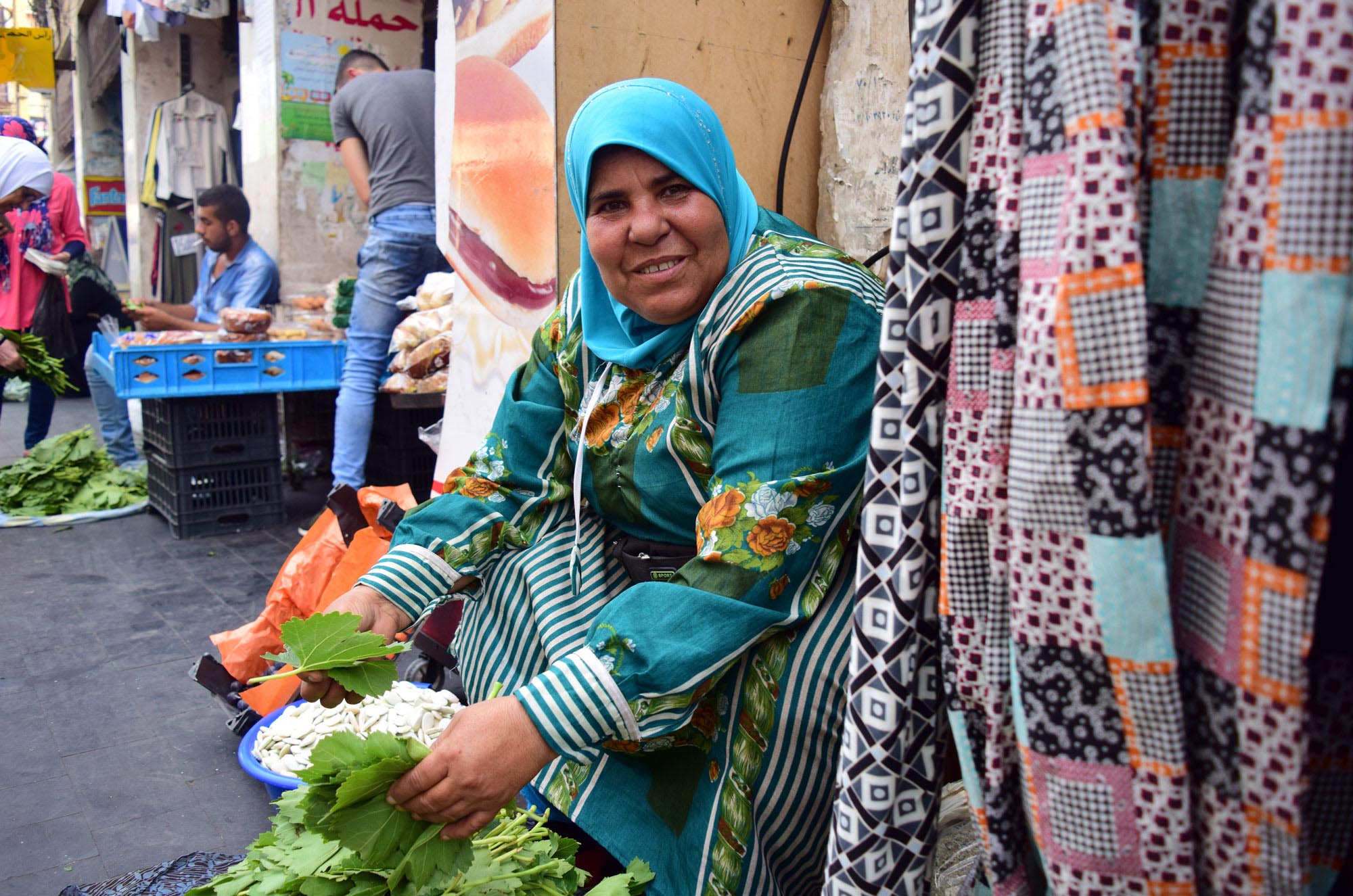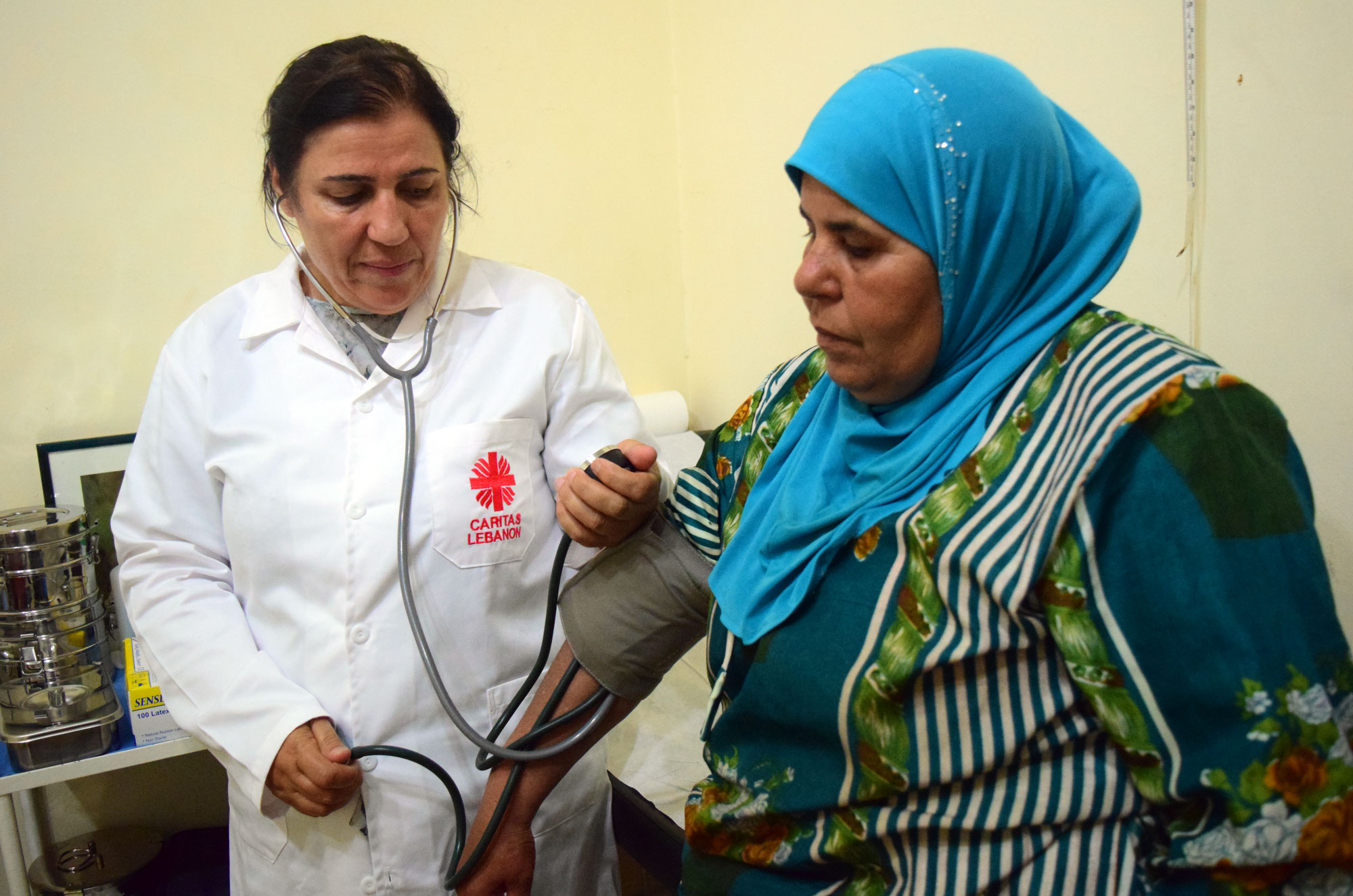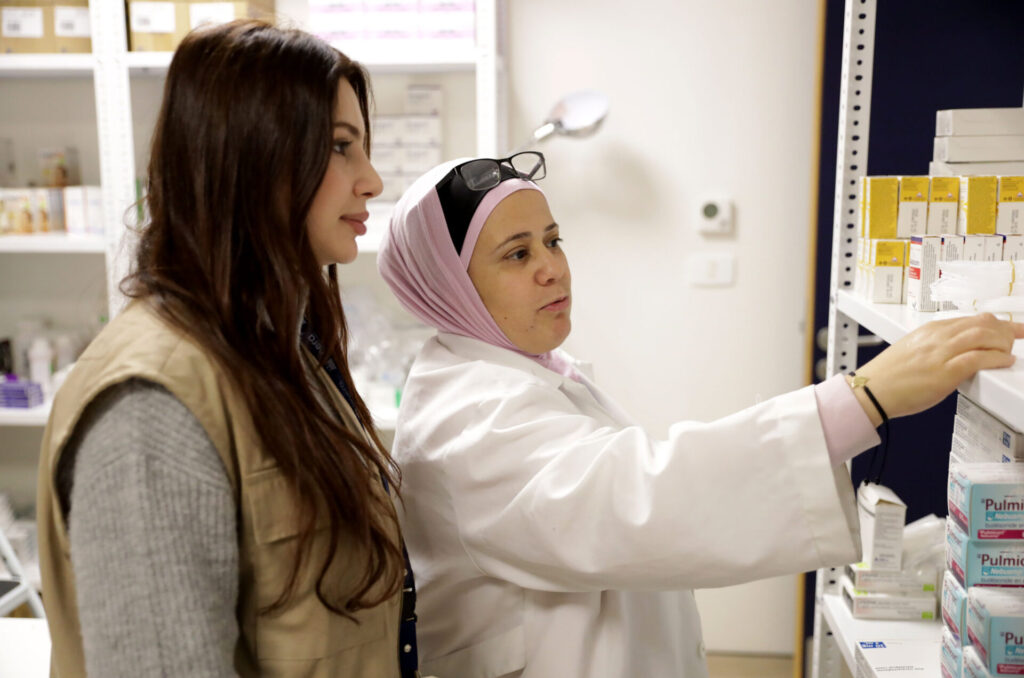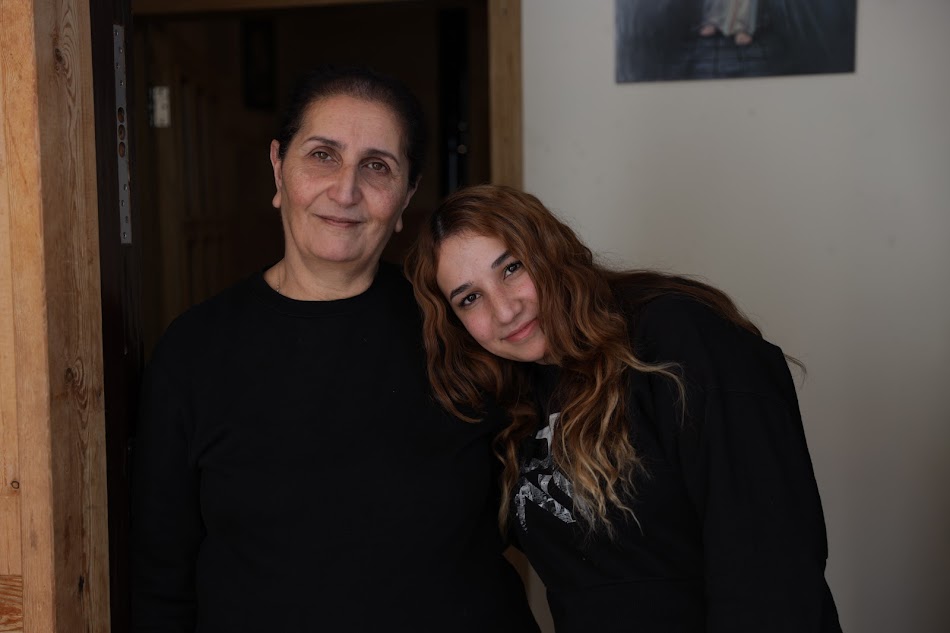Aug, 2017
Poor Lebanese farmers like Diba have trouble making ends meet in Lebanon. Many can't access the health care they need.
Diba is a Lebanese farmer from the southern village of Arab Tabaya. Every day, Diba wakes up early in the morning to gather grape leaves, molokhia, and other greens before heading out to sell them and make her living.
“Sometimes I make $10 throughout the day, sometimes $20, it depends,” she said. “I use the money to provide for myself and my niece.”
Diba sells her vegetables from the side of the street in the central market of Sidon, because she can’t afford to rent a shop. She stays in the market until she sells all of her produce, which means she often spends very long hours outdoors in the hot summer sun. “The biggest challenge is finding a toilet in this open market, so I ask nearby stores to use their toilets during the day,” she said.


The biggest challenge is finding a toilet in this open market, so I ask nearby stores to use their toilets during the day.


Working Conditions Take a Toll on Lebanese Farmers
The working conditions Diba endures are taking a toll on her health, and she often suffers from urinary tract and yeast infections. In a recent visit to the nearby Caritas health care center, Dr. Rola Ghandour followed up on Diba’s case and prescribed her Vibramycin-D tablets.
“We do not have a clinic at Arab Tabaya,” said Diba. “Here, I receive medicine for free when it’s available.”
“Vibramycin-D, also referred to as Doxycaline, is mostly used for urinary tract infections,” noted Dr. Ghandour. “It is also prescribed for other symptoms including respiratory infections, lung problems, acne, etc.”
International Health Partners (IHP) generously donated the medicine to Anera, which sent shipping containers of medicines to Lebanon. The medicines were distributed in coordination with the YMCA to hospitals and clinics around Lebanon, including the Caritas center where Diba goes for care.
Sidon’s Caritas serves an average of 4,000 patients every month from the Lebanese, Syrian and Palestinian communities, among others. “The center was established back in 1972 and now it has a total of 35 volunteer doctors,” said Charbel Dib, a registered nurse there.
Across Lebanon, Anera delivers medicines to vulnerable patients, like Diba, who struggle to make a living and care for their health.




